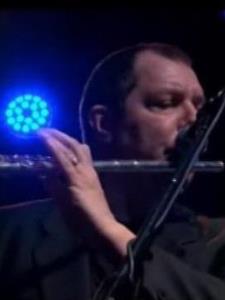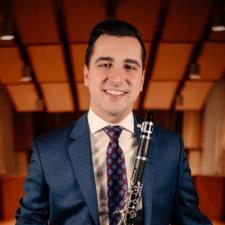Dan M. answered • 05/05/21
Eastman School of Music Grad with 11 years of teaching experience
This is a great question, and I want to start by saying that squeaks happen even to professional players performing on stage. They are a part of playing clarinet and saxophone. As others have mentioned, sometimes (especially on clarinet), the squeak can come from a pad or tone hole that is not entirely pressed down or covered by your fingers. Be aware of any sensation of air leaking by your finger tips to determine if this is the cause.
I like to think of squeaks as real notes, because they are! Using a skill called "voicing" we can learn to create controlled squeaks. Voicing is the skill of shifting your tongue, mouth, and throat to shape your air for each pitch. Generally, lower notes are most resonant with a low tongue position, and higher notes with a higher tongue position. Allow for flexibility with your voicing, and let your ears guide you.
On clarinet, the first step for developing voicing skills is to start with an "open G" (second line of the staff G) and add the register key, resulting in the High D above the staff. Use the register key to get used to playing that interval. Next, use the register key to get up to the High D, then release the key once you have the pitch and use your voicing, with a high tongue position "Eeeeeee" shape to sustain the pitch. Do this as many times as it takes to become comfortable, and be aware of the feeling of that voicing. Then, begin with that voicing and play the High D without the register key, using the voicing to guide the pitch. Once this technique is comfortable on the Open G, you can practice this on all of the lower register notes going down from there, all the way to Low E below the staff.
This same technique works on saxophone, too, although the interval is an octave instead of a 12th.
I find that thinking about squeaking as the result of this voicing technique helps me maintain a curiosity and sense of humor about squeaks. They are just another type of sound that I can make, and when they happen by accident in an orchestra rehearsal or concert, they provide comic relief for me and the rest of the orchestra.








